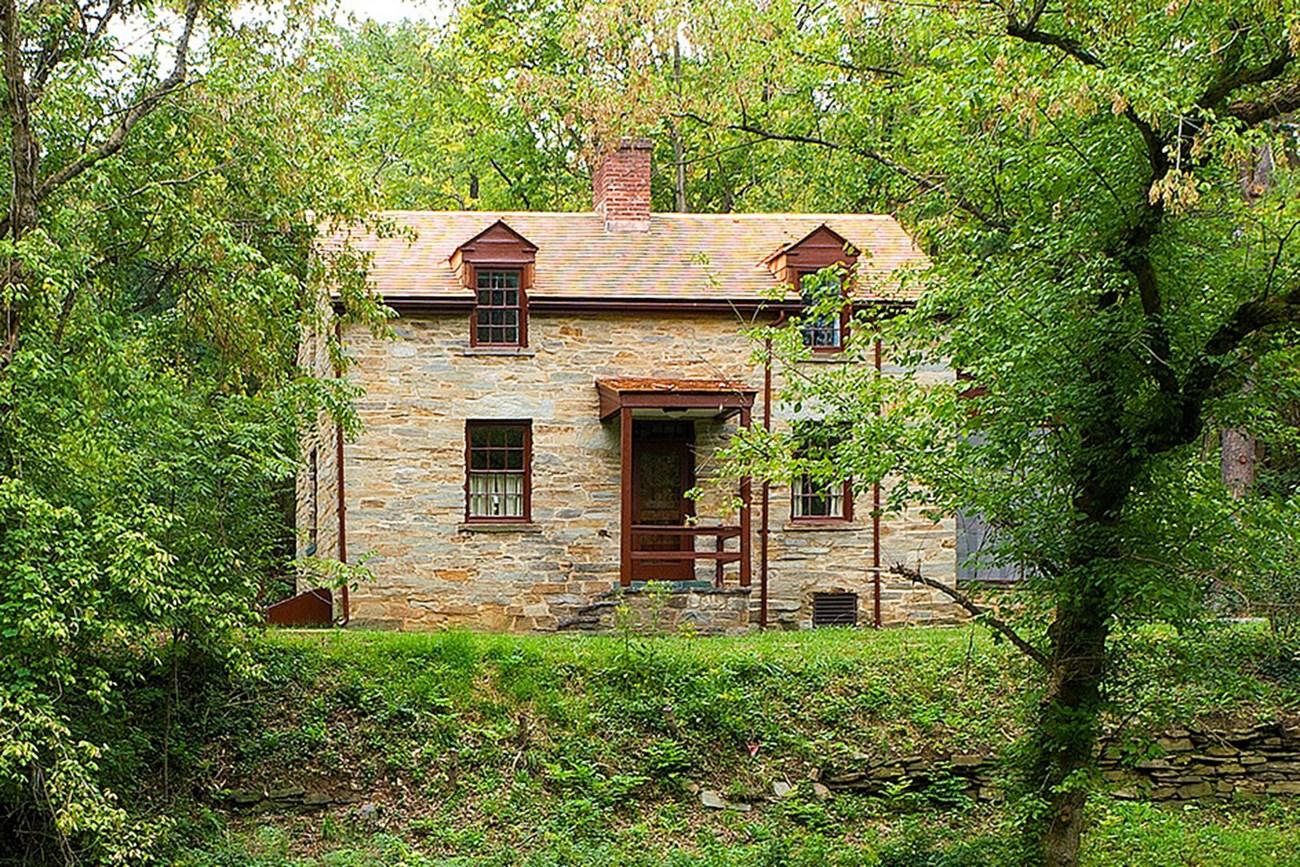
Exploring the Historic Charm of C&O Canal National Historical Park
Discover the blend of history and nature at C&O Canal National Historical Park, where miles of scenic towpath and historical landmarks await your exploration.
Nestled along the Potomac River, the C&O Canal National Historical Park offers a serene escape into nature and history. The park stretches over 184.5 miles from Washington, D.C. to Cumberland, Maryland. It is a haven for outdoor enthusiasts and history buffs alike. The canal, which operated from 1828 to 1924, played a crucial role in transporting goods and contributing to America's early industrial growth. Today, it provides a beautiful backdrop for hiking, biking, and boating. The park is rich in history, with numerous landmarks and structures that tell the story of its past. You can explore old lock houses, aqueducts, and even a 19th-century mule-drawn canal boat. Each stop along the canal provides a glimpse into the life and times of the people who built and operated this essential waterway. The visitor centers offer detailed exhibits and knowledgeable rangers who can answer any questions you may have. Nature lovers will be thrilled by the park's diverse ecosystems. The towpath is lined with lush forests, wildflowers, and scenic viewpoints. Birdwatchers can spot a variety of species, while the river provides opportunities for fishing and kayaking. The park is a perfect destination for a day trip or a weekend getaway, offering something for everyone, from peaceful nature walks to immersive historical tours.
Local tips in C&O Canal National Historical Park
- Visit in spring or fall for the best weather and stunning foliage.
- Bring a bike to cover more ground and see more of the canal.
- Stop by a visitor center to get maps and learn about guided tours.
- Pack a picnic to enjoy at one of the many scenic spots along the towpath.
- Wear comfortable shoes for walking or hiking on the towpath.
- Check the park’s website for any alerts or closures before you go.
Exploring the Historic Charm of C&O Canal National Historical Park
Nestled along the Potomac River, the C&O Canal National Historical Park offers a serene escape into nature and history. The park stretches over 184.5 miles from Washington, D.C. to Cumberland, Maryland. It is a haven for outdoor enthusiasts and history buffs alike. The canal, which operated from 1828 to 1924, played a crucial role in transporting goods and contributing to America's early industrial growth. Today, it provides a beautiful backdrop for hiking, biking, and boating. The park is rich in history, with numerous landmarks and structures that tell the story of its past. You can explore old lock houses, aqueducts, and even a 19th-century mule-drawn canal boat. Each stop along the canal provides a glimpse into the life and times of the people who built and operated this essential waterway. The visitor centers offer detailed exhibits and knowledgeable rangers who can answer any questions you may have. Nature lovers will be thrilled by the park's diverse ecosystems. The towpath is lined with lush forests, wildflowers, and scenic viewpoints. Birdwatchers can spot a variety of species, while the river provides opportunities for fishing and kayaking. The park is a perfect destination for a day trip or a weekend getaway, offering something for everyone, from peaceful nature walks to immersive historical tours.
When is the best time to go to C&O Canal National Historical Park?
Iconic landmarks you can’t miss
Chesapeake and Ohio Canal National Historical Park
Discover the beauty and history of the Chesapeake and Ohio Canal National Historical Park, where nature meets heritage along the scenic Potomac River.
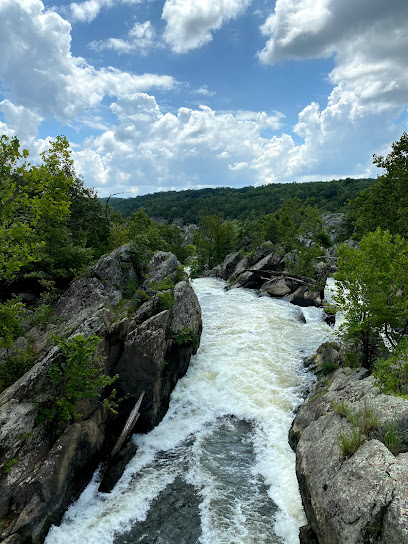
Cumberland Visitor Center
Explore the rich history and breathtaking landscapes of Maryland at the Cumberland Visitor Center, your gateway to adventure.
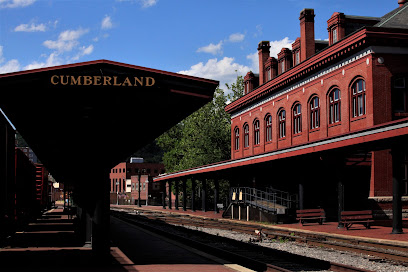
C&O Canal Lock
Discover the C&O Canal Lock in Williamsport, Maryland—a historic landmark perfect for hiking, scenic views, and a glimpse into America's engineering history.
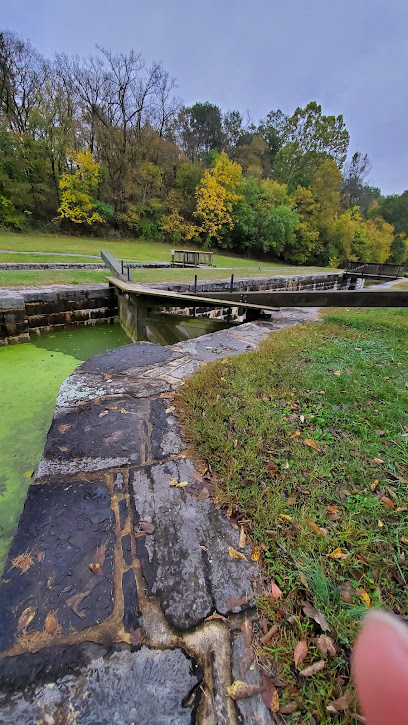
Chesapeake & Ohio Canal
Explore the picturesque landscapes and rich history of the Chesapeake & Ohio Canal, a serene park perfect for outdoor adventures and relaxation.
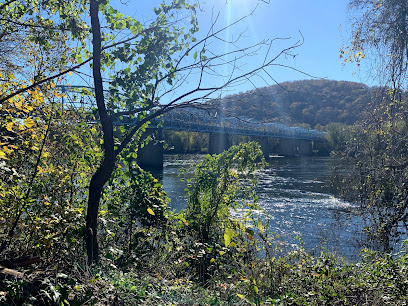
C&O Canal Lock 23
Discover the historical significance and scenic beauty of C&O Canal Lock 23, a serene landmark that connects you to America's past.
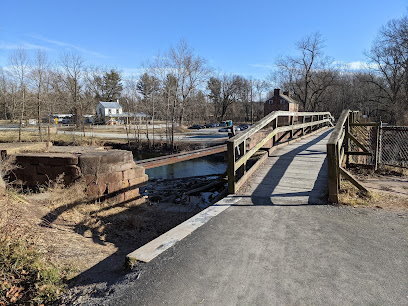
Williamsport C&O Canal
Explore the scenic Williamsport C&O Canal, a perfect destination for hiking, nature walks, and a journey through American history.
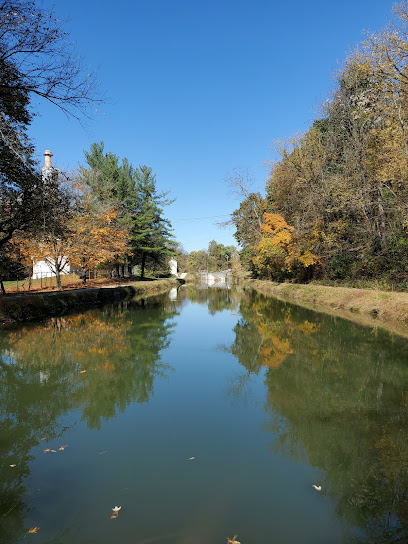
C&O Canal Lock 8
Explore the historical significance and serene beauty of C&O Canal Lock 8, a must-visit landmark in Maryland's picturesque landscape.
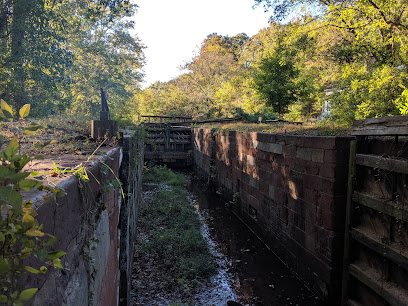
C&O Canal Lock 6
Discover the rich history and natural beauty at C&O Canal Lock 6 in Washington, Maryland—an iconic landmark of America's canal system.
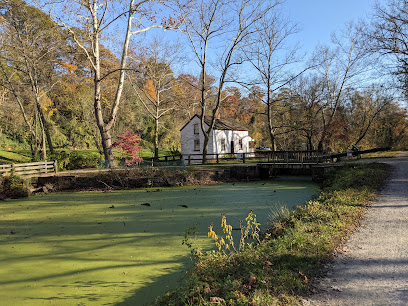
C&O Canal Lock 30
Explore the historic C&O Canal Lock 30, a serene spot rich in history and natural beauty along the Chesapeake and Ohio Canal.
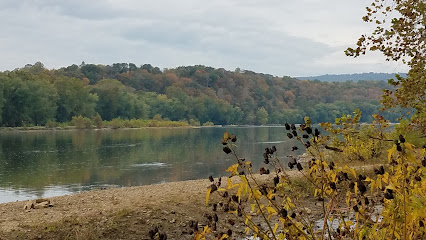
C & O Canal National Historical Park Headquarters
Discover the historic C & O Canal National Historical Park Headquarters, a scenic blend of nature, history, and outdoor adventure in Maryland.
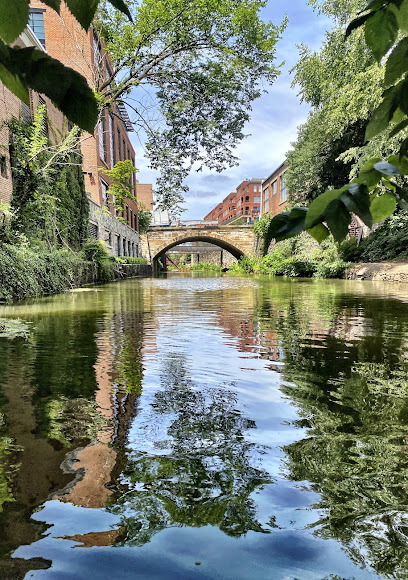
Footbridge to C&O Canal and Maryland Heights
Explore the Footbridge to C&O Canal and Maryland Heights for breathtaking views and a unique hiking experience in scenic Harpers Ferry, West Virginia.
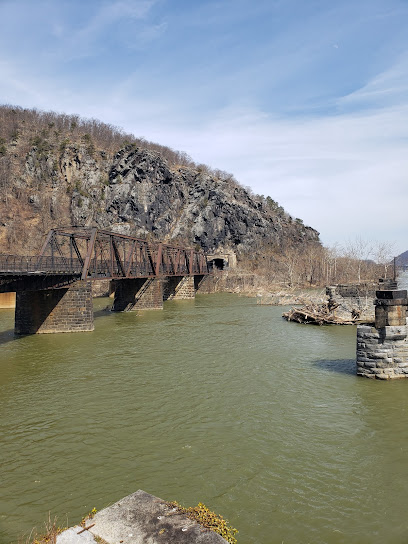
C & O Canal Park
Discover the enchanting C & O Canal Park, where history meets nature along the scenic waterways of Maryland.
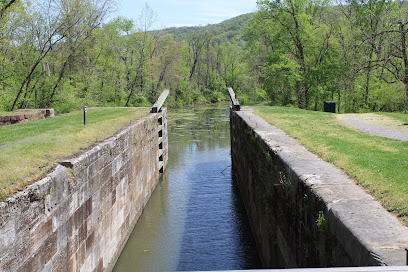
C&O Canal Lock 20
Discover the historic C&O Canal Lock 20, a serene landmark along the Chesapeake and Ohio Canal, perfect for nature walks and a glimpse into America's past.
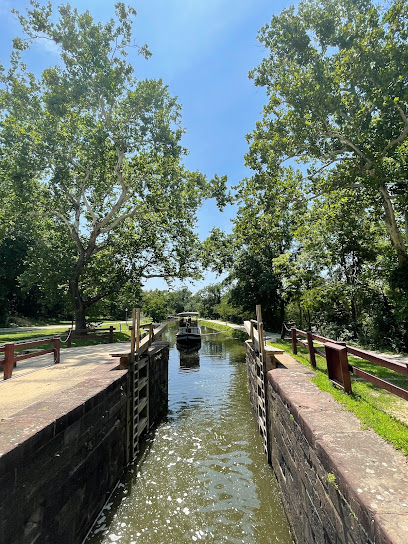
Chesapeake and Ohio Canal National Historic Park, Great Falls Maryland
Discover the rich history and stunning natural beauty of the Chesapeake and Ohio Canal National Historic Park, a historic gem in Great Falls, Maryland.
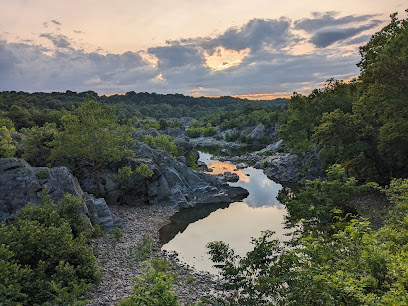
C&O Canal Lock 19
Discover the charm of C&O Canal Lock 19, a historic landmark offering scenic beauty, rich history, and outdoor recreation along the Chesapeake and Ohio Canal.
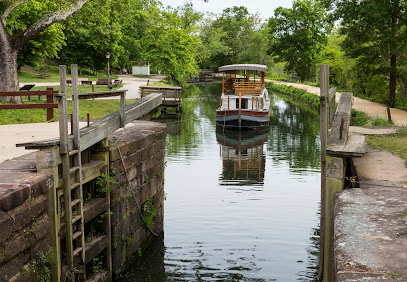
Unmissable attractions to see
Harpers Ferry National Historical Park
Discover the rich history and breathtaking landscapes of Harpers Ferry National Historical Park, a must-visit destination for history lovers and outdoor enthusiasts.
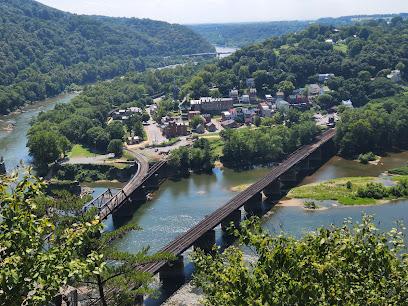
Orr's Farm Market
Discover the freshest local produce and artisanal treats at Orr's Farm Market in Martinsburg, West Virginia, a perfect stop for food lovers!
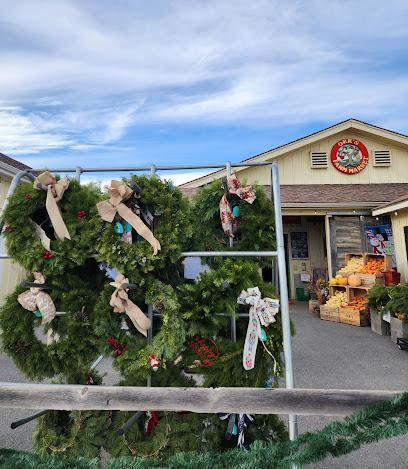
Great Falls Tavern Visitor Center
Explore the Great Falls Tavern Visitor Center for a unique blend of nature, history, and adventure in the heart of Maryland's scenic landscapes.
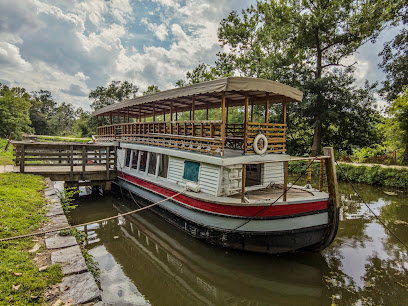
Maryland Heights
Explore Maryland Heights, a serene park in Harpers Ferry, WV, offering stunning views, rich history, and diverse outdoor activities for every traveler.

John Brown's Fort
Discover the legacy of freedom and justice at John Brown's Fort, a historic landmark that shaped America's fight against slavery.

Sunset Hills Vineyard
Explore Sunset Hills Vineyard in Purcellville, VA, where stunning views and exquisite wines combine for an unforgettable experience in Virginia's wine country.
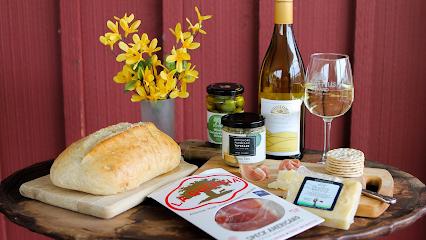
Cumberland Visitor Center
Discover the charm of Western Maryland at the Cumberland Visitor Center, your gateway to history and adventure in the stunning Allegheny region.
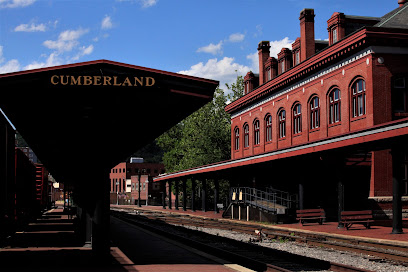
Maryland Heights Trailhead
Discover the natural beauty of Maryland Heights at the scenic Trailhead, where adventure and stunning views await every hiker.

Doukenie Winery
Experience the enchanting Doukenie Winery in Virginia, where exquisite wines and stunning vineyard views create the perfect getaway for every traveler.
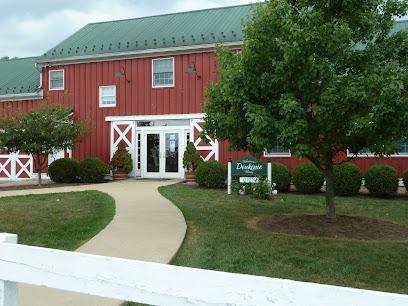
Chesapeake & Ohio Canal
Explore the scenic beauty and historical significance of the Chesapeake & Ohio Canal, a perfect outdoor adventure for nature lovers and history buffs.
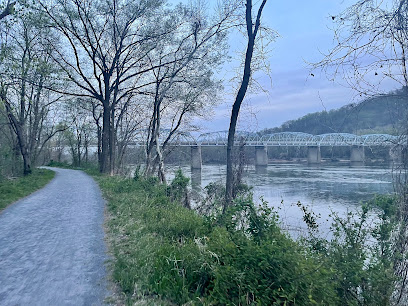
C&O Canal Lock 20
Experience the rich history and natural beauty at C&O Canal Lock 20, a must-visit historical landmark along the Chesapeake and Ohio Canal.
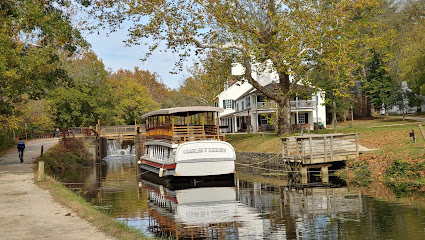
Lockhouse 31
Explore Lockhouse 31, a historic treasure on the C&O Canal, where history and nature intertwine in scenic Maryland.
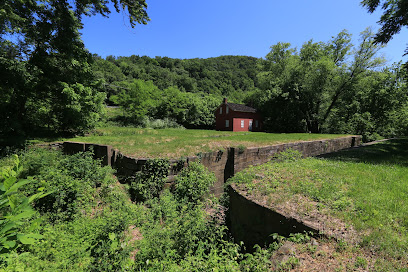
Chesapeake and Ohio Canal National Historic Park, Great Falls Maryland
Discover the Chesapeake and Ohio Canal National Historic Park, a historical landmark offering scenic trails and rich heritage in Great Falls, Maryland.
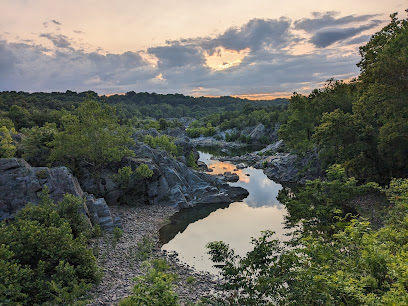
C&O Canal Lock 19
Explore C&O Canal Lock 19, a historical landmark showcasing 19th-century engineering amidst stunning natural beauty in Potomac, Maryland.
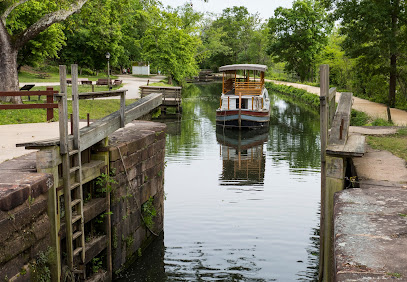
C&O Canal Lock 16
Explore the serene beauty and rich history of C&O Canal Lock 16, a must-visit landmark in Potomac, Maryland, perfect for nature lovers and history enthusiasts.
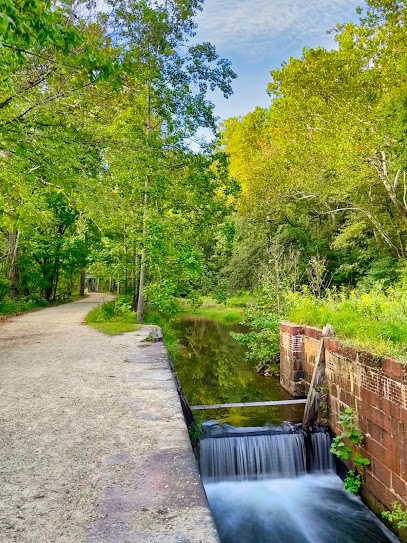
Essential places to dine
Chesapeake and Ohio Canal National Historical Park
Discover nature's beauty intertwined with rich American history at Chesapeake and Ohio Canal National Historical Park.
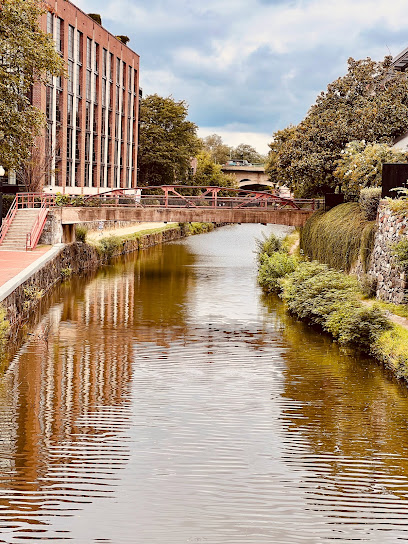
Great Falls Tavern Visitor Center
Experience natural beauty and historical charm at Great Falls Tavern Visitor Center - your gateway to adventure along the C&O Canal.
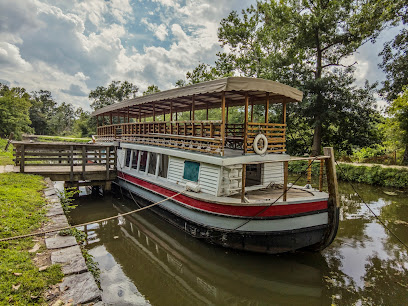
Chesapeake & Ohio Canal
Explore Maryland's Chesapeake & Ohio Canal: A Scenic Park Blending Nature with History Perfect for Outdoor Adventures.
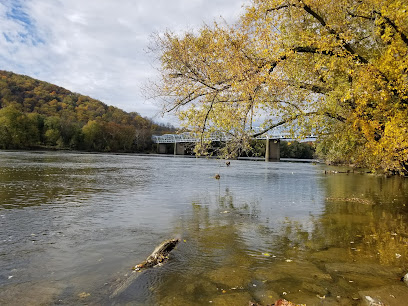
C & O Canal National Historical Park Headquarters
Explore history at C & O Canal National Historical Park Headquarters—where adventure meets heritage along Maryland's scenic waterways.
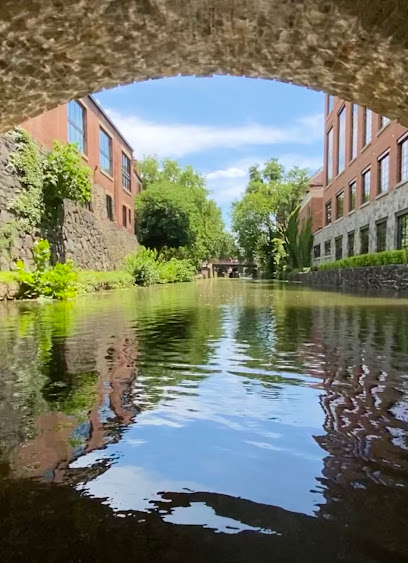
Chesapeake and Ohio Canal National Historic Park, Great Falls Maryland
Discover history intertwined with nature at Chesapeake and Ohio Canal National Historic Park in Great Falls, Maryland—where every step reveals stories from America's past.
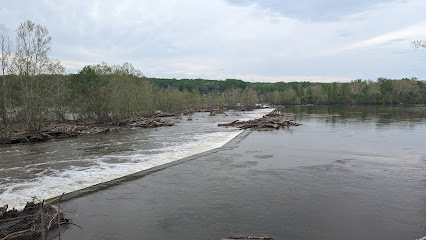
C&O Canal Lock 19
Discover C&O Canal Lock 19: A historical gem offering scenic views and a glimpse into America's past.
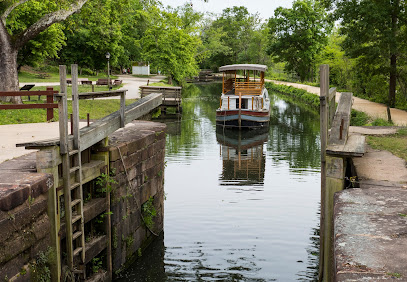
C&O Canal Lock 16
Discover C&O Canal Lock 16: A Historic Landmark Nestled Along Scenic Trails with Rich Natural Beauty.
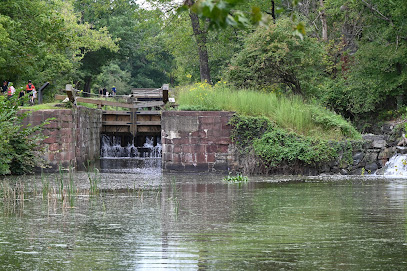
C&O Canal National Historical Park
Discover nature's beauty and America's rich canal heritage at C&O Canal National Historical Park—an expansive playground for outdoor enthusiasts.
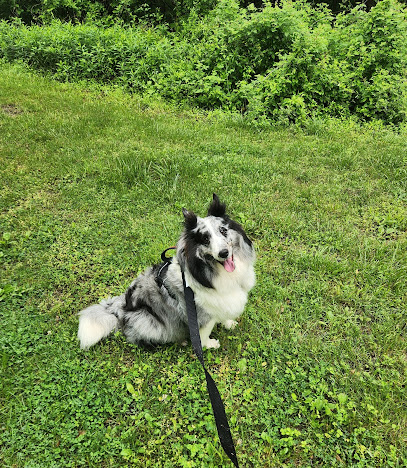
Four Locks - C&O Canal National Historical Park
Experience history at Four Locks - a captivating site along C&O Canal National Historical Park showcasing America's rich canal heritage amidst stunning landscapes.
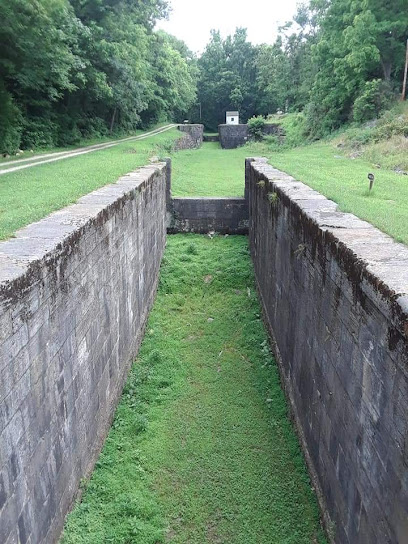
Markets, malls and hidden boutiques
Chesapeake and Ohio Canal National Historical Park
Explore the scenic Chesapeake and Ohio Canal National Historical Park, where history meets nature in a captivating outdoor experience.
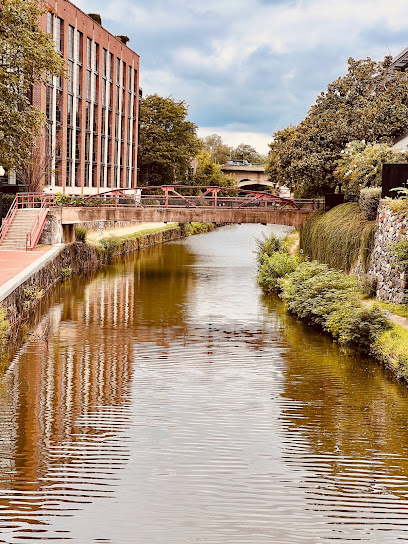
Great Falls Tavern Visitor Center
Discover the history and natural beauty at Great Falls Tavern Visitor Center, where the C&O Canal meets stunning landscapes.
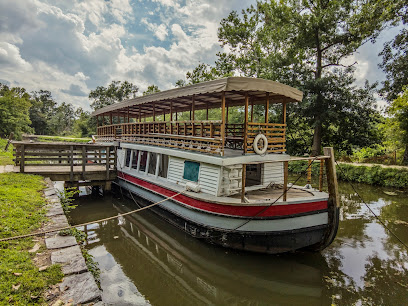
Cumberland Visitor Center
Explore the beauty and history of Western Maryland at the Cumberland Visitor Center, your gateway to adventure in this scenic region.
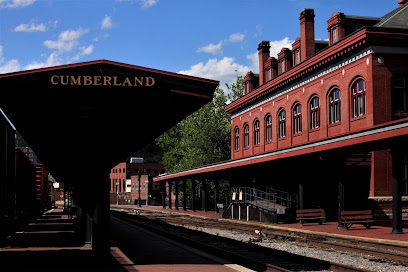
Chesapeake & Ohio Canal
Discover the natural beauty and historical significance of the Chesapeake & Ohio Canal, a perfect park for relaxation and exploration.
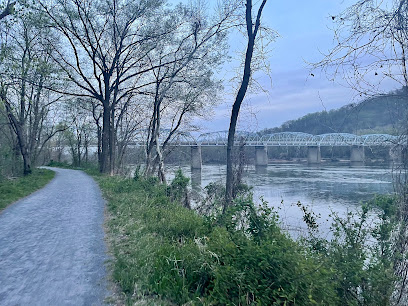
C & O Canal National Historical Park Headquarters
Explore history and nature at the C & O Canal National Historical Park Headquarters, a stunning destination along the Potomac River.
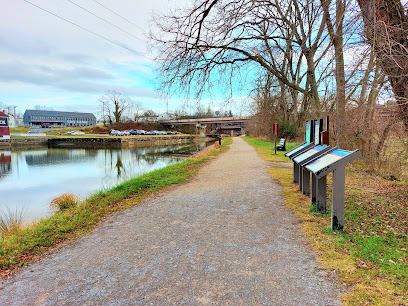
C & O Canal Park
Explore C & O Canal Park: A blend of history, nature, and adventure along the scenic Potomac River, perfect for outdoor enthusiasts and history lovers.
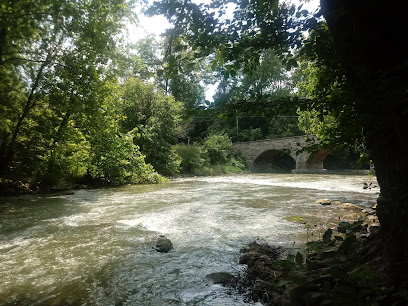
Chesapeake and Ohio Canal National Historic Park, Great Falls Maryland
Discover the rich history and natural beauty of Chesapeake and Ohio Canal National Historic Park in Great Falls, Maryland, where adventure meets heritage.
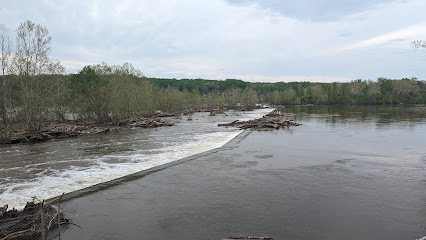
C&O Canal Lock 19
Explore the historic C&O Canal Lock 19, a scenic landmark showcasing 19th-century engineering and natural beauty in the heart of Maryland.
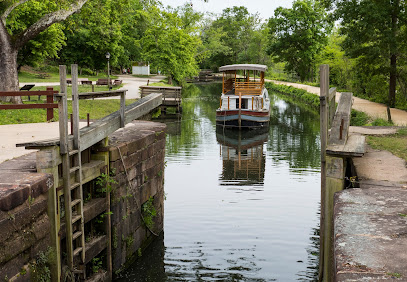
Chesapeake & Ohio Canal National Historical Park
Discover the Chesapeake & Ohio Canal National Historical Park, where nature meets history along a beautiful waterway in Washington, D.C.
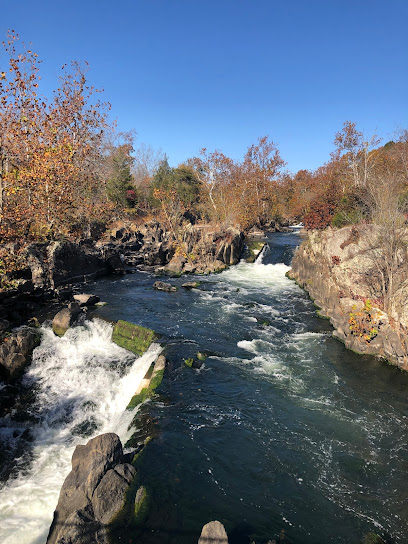
C&O Canal National Historical Park
Explore the historic C&O Canal National Historical Park, where nature meets history in a stunning outdoor setting perfect for all ages.
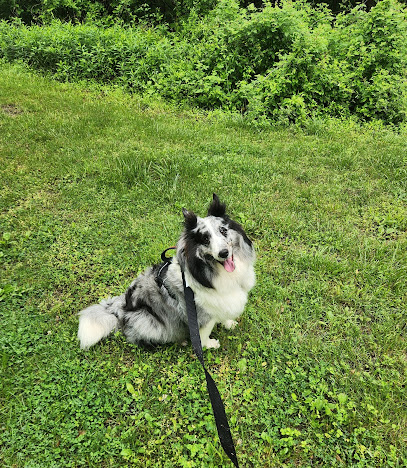
Four Locks - C&O Canal National Historical Park
Explore the historic Four Locks at C&O Canal National Historical Park, where nature and history meet in serene beauty.
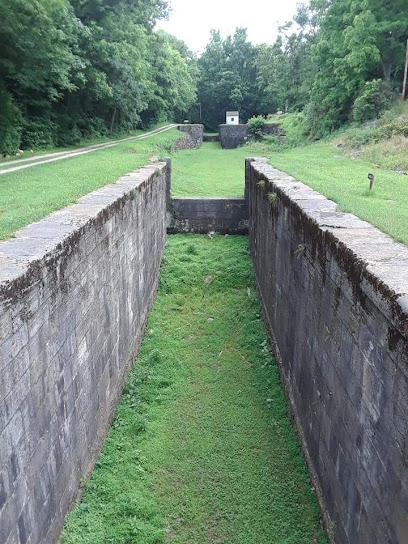
Essential bars & hidden hideouts
Chesapeake and Ohio Canal National Historical Park
Discover the beauty and history of the Chesapeake and Ohio Canal National Historical Park, a scenic escape with endless recreational activities.
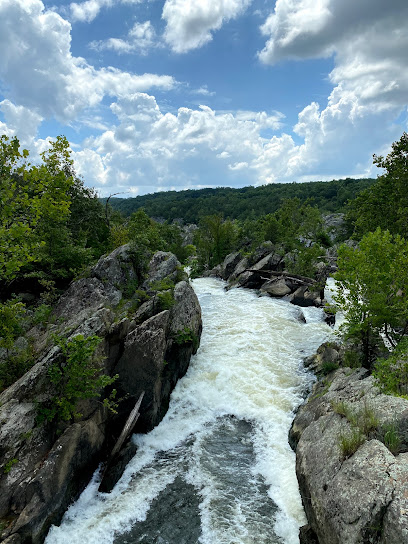
Great Falls Tavern Visitor Center
Explore the natural beauty and rich history of Great Falls Tavern Visitor Center, your gateway to the C&O Canal National Historical Park in Maryland.
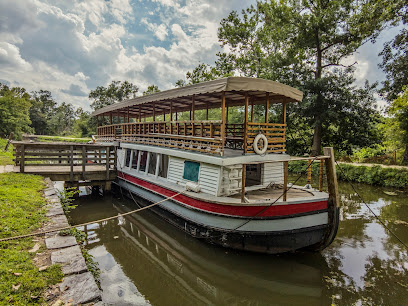
Chesapeake & Ohio Canal
Discover the serene trails and rich history of the Chesapeake & Ohio Canal, a perfect getaway for outdoor enthusiasts and history buffs alike.
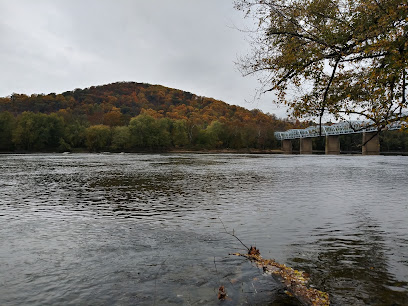
C&O grill and pub
Discover the charm of C&O Grill and Pub in Williamsport, MD - where delicious food meets a warm, inviting atmosphere for an unforgettable dining experience.
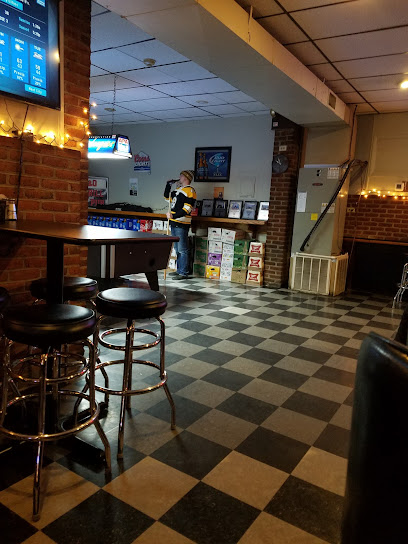
Williamsport C&O Canal
Discover the historical charm and natural beauty of Williamsport C&O Canal, a perfect hiking destination along the Potomac River.
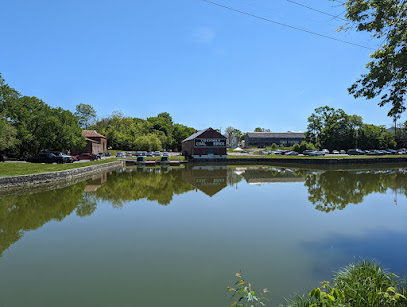
C & O Canal National Historical Park Headquarters
Explore the historic C & O Canal National Historical Park Headquarters, where nature meets rich American history along the Potomac River.
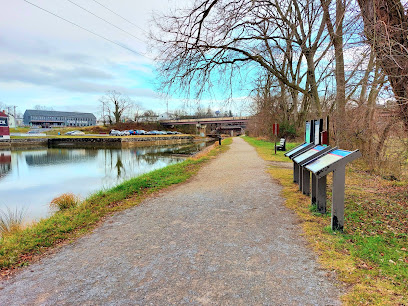
C & O Canal Park
Discover the charm of C & O Canal Park, where history meets nature in a breathtaking Maryland landscape.
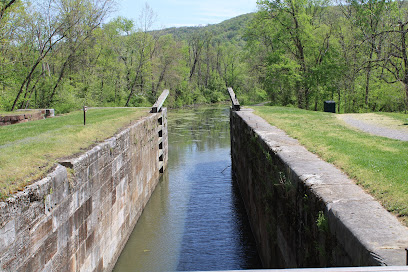
C&O Canal Lock 20
Explore the historical C&O Canal Lock 20 in Potomac, Maryland, a serene spot blending nature's beauty with rich history.
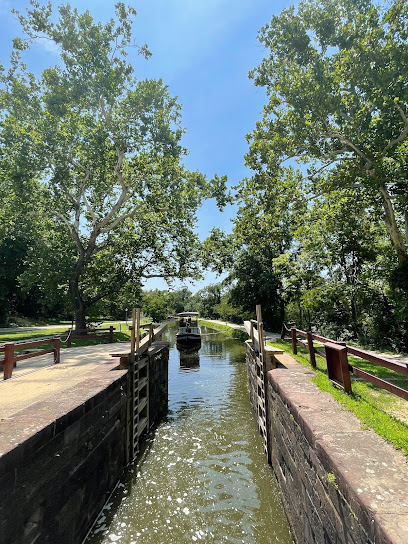
C&O Canal Lock 19
Explore the historical significance and natural beauty of C&O Canal Lock 19, a cherished landmark in the Chesapeake and Ohio Canal National Historical Park.
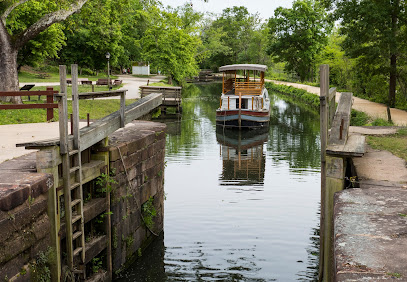
C&O Canal Lock 16
Discover the historic beauty of C&O Canal Lock 16, a serene landmark along the Chesapeake and Ohio Canal that combines nature and rich American history.
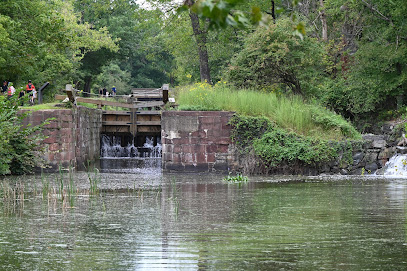
C&O Canal National Historical Park
Discover the C&O Canal National Historical Park, where nature and history converge in breathtaking scenery and enriching experiences.
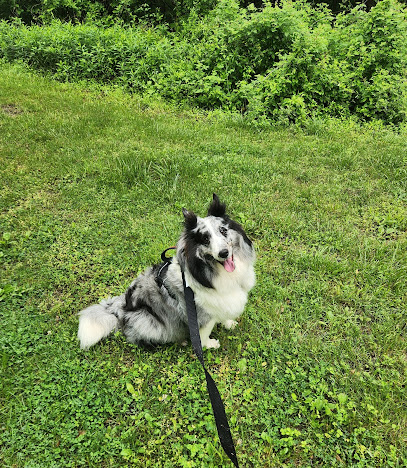
Four Locks - C&O Canal National Historical Park
Discover the historical significance and scenic beauty of Four Locks in C&O Canal National Historical Park, a must-see for history lovers and nature enthusiasts.
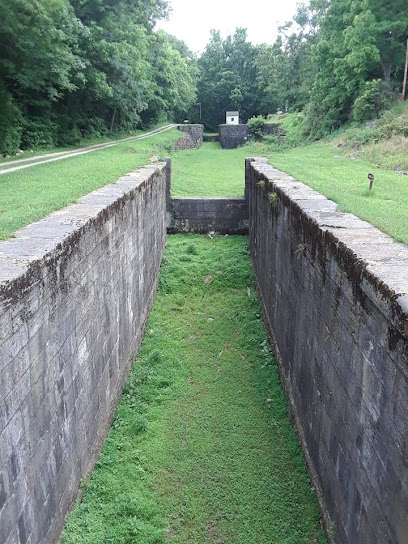
C&O Towpath
Discover the C&O Towpath, where nature meets history in a stunning park setting perfect for hiking, biking, and outdoor exploration.
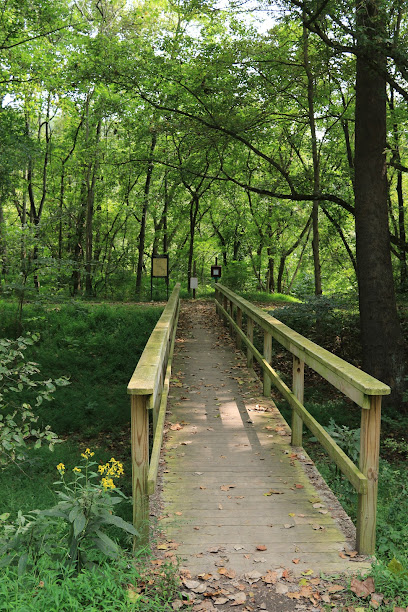
Local Phrases about C&O Canal National Historical Park
-
- HelloHowdy
[hah-dee] - GoodbyeSee ya
[see yah] - YesYup
[yuhp] - NoNah
[nah] - Please/You're welcomePlease
[pleez] - Thank youThanks
[th-anks] - Excuse me/SorryPardon me
[pahr-dun mee] - How are you?How ya doin'?
[h-ow yah doo-in] - Fine. And you?Doin' alright. How 'bout you?
[doo-in awl-right. h-ow 'bout yuh] - Do you speak English?Ya speak English?
[yah speak ing-glish] - I don't understandI don't get it
[I don't get it]
- HelloHowdy
-
- I'd like to see the menu, pleaseCan I check out the menu, please
[kan ai chek out the menu, please] - I don't eat meatI'm vegetarian
[I'm veh-juh-tehr-ee-an] - Cheers!Cheers!
[cheers] - I would like to pay, pleaseCheck, please
[chek, please]
- I'd like to see the menu, pleaseCan I check out the menu, please
-
- Help!SOS!
[ess-oh-ess] - Go away!Get lost!
[get lost] - Call the Police!Call the cops!
[call the cops] - Call a doctor!Get a doctor!
[get a doctor] - I'm lostI'm lost
[I'm lost] - I'm illI'm sick
[I'm sick]
- Help!SOS!
-
- I'd like to buy...I wanna buy...
[I wanna buy...] - I'm just lookingJust browsing
[just brow-zing] - How much is it?How much does it cost?
[h-ow much duz it cost] - That's too expensiveThat's pricey
[that's pry-see] - Can you lower the price?Can you give me a discount?
[can yuh give me a dis-count]
- I'd like to buy...I wanna buy...
-
- What time is it?What's the time?
[w-ats the time] - It's one o'clockIt's one
[It's one] - Half past (10)Ten thirty
[ten thur-tee] - MorningMorning
[mor-ning] - AfternoonAfternoon
[af-ter-noon] - EveningEvening
[ee-ven-ing] - YesterdayYesterday
[Yes-ter-day] - TodayToday
[to-day] - TomorrowTomorrow
[to-mor-row] - 1One
[w-uhn] - 2Two
[too] - 3Three
[three] - 4Four
[for] - 5Five
[fyv] - 6Six
[siks] - 7Seven
[sev-en] - 8Eight
[ate] - 9Nine
[nine] - 10Ten
[ten]
- What time is it?What's the time?
-
- Where's a/the...?Where's the...
[wh-eres the] - What's the address?What's the addy?
[w-ats the addy] - Can you show me (on the map)?Can you point me (on the map)?
[can yuh point me (on the map)] - When's the next (bus)?When's the next (bus)?
[wh-ens the next (bus)] - A ticket (to ....)A ticket (to ....)
[A ticket (to ....)]
- Where's a/the...?Where's the...
History of C&O Canal National Historical Park
-
The Chesapeake and Ohio Canal, often referred to as the C&O Canal, was conceived in the early 19th century as a means to connect the Chesapeake Bay with the Ohio River. The idea was to create a vital transportation route that would assist in the movement of goods and promote economic growth. President George Washington, a strong advocate for such infrastructure, was an early proponent of the canal, although the project would not come to fruition until decades after his death.
-
The construction of the C&O Canal began in 1828 and spanned over two decades, fraught with challenges such as financial troubles, labor disputes, and natural obstacles. Immigrant laborers, predominantly Irish and German, toiled under harsh conditions to dig the canal by hand. The canal was finally completed in 1850, stretching 184.5 miles from Georgetown in Washington, D.C., to Cumberland, Maryland.
-
Once operational, the C&O Canal served as a major transportation route, primarily for coal from the Allegheny Mountains. Mule-drawn barges navigated the canal's intricate system of locks, aqueducts, and lift bridges. The canal facilitated commerce and played a crucial role in the economic development of the region, allowing for the efficient movement of goods such as lumber, grain, and limestone.
-
Despite its initial success, the C&O Canal faced stiff competition from the burgeoning railroad industry. The Baltimore and Ohio Railroad, completed around the same time, offered a faster and more reliable means of transportation. By the late 19th century, the canal struggled to compete and fell into decline. The devastating floods of 1889 and 1924 further damaged the canal, leading to its eventual abandonment as a commercial waterway in 1924.
-
In the mid-20th century, efforts to preserve the C&O Canal gained momentum. Supreme Court Justice William O. Douglas was a notable advocate for the canal's conservation. In 1954, he famously led a hike along the entire length of the canal to draw attention to its historical and natural significance. These efforts culminated in the designation of the C&O Canal as a National Historical Park in 1971, ensuring the preservation of its rich heritage for future generations.
-
Today, the C&O Canal National Historical Park is a cherished cultural and recreational asset. It attracts millions of visitors each year who come to hike, bike, kayak, and explore the canal's scenic towpath and historic structures. The park provides a window into the past, allowing visitors to experience the canal's historical significance while enjoying the natural beauty of the Potomac River and surrounding landscapes.
C&O Canal National Historical Park Essentials
-
C&O Canal National Historical Park stretches from Washington, D.C. to Cumberland, Maryland. The park is accessible via several entry points. For those flying in, the nearest major airport is Washington Dulles International Airport (IAD), approximately 30 miles from the D.C. entry point. From there, you can rent a car or take public transportation to the park. The park is also accessible by car, with various entry points along the route. For public transport, you can take the MARC Train to the Brunswick Line, which stops at several towns along the canal.
-
Within the park, the best way to explore is on foot or by bicycle, as the towpath is designed for these activities. If you're planning to cover larger distances within the park, consider renting a bicycle. For those who prefer guided tours, canal boat rides are available seasonally at Great Falls Tavern. If you're driving, parking is available at various access points along the canal, but it can be limited during peak times.
-
The official currency in the United States is the US Dollar (USD). Credit and debit cards are widely accepted throughout the park for services such as bike rentals and guided tours. However, it's advisable to carry some cash, especially for smaller vendors or if you're planning to explore nearby towns that may not accept cards. ATMs are available in towns along the canal.
-
C&O Canal National Historical Park is generally safe for tourists. However, standard precautions should be taken. Avoid isolated areas, especially after dark, and always lock your vehicle and keep valuables out of sight. Be mindful of your surroundings in urban entry points such as the sections in Washington, D.C., as these areas can have higher crime rates. Stick to well-traveled paths and be cautious of wildlife.
-
In case of emergency, dial 911 for immediate assistance. Park rangers are also available and can assist with emergencies or provide directions to the nearest medical facilities. It's advisable to carry a first aid kit and have travel insurance that covers medical emergencies. Familiarize yourself with the nearest exit points and ranger stations along the route.
-
Fashion: Do wear comfortable and sturdy walking shoes, as you'll be navigating uneven terrain. Dress in layers to accommodate changing weather conditions. Religion: There are no specific religious customs to observe, but always be respectful of other visitors. Public Transport: Do use public transport options to reduce your environmental impact. Don't litter on public transport or in the park. Greetings: Do greet fellow hikers and park staff with a friendly nod or hello. Eating & Drinking: Do pack out all trash and respect leave-no-trace principles. Don't feed the wildlife or leave food unattended.
-
To experience C&O Canal National Historical Park like a local, consider visiting during the off-peak seasons of spring and fall when the weather is pleasant and the crowds are smaller. Engage with park rangers and volunteers, who can provide insider knowledge and historical context. Don't miss the chance to explore the less crowded western sections of the park near Cumberland, where you'll find more solitude and pristine landscapes. Also, check out local events and festivals in towns along the canal, which offer a glimpse into the regional culture and history.
Trending Landmarks in C&O Canal National Historical Park
-
Chesapeake and Ohio Canal National Historical Park
-
Cumberland Visitor Center
-
C&O Canal Lock
-
Chesapeake & Ohio Canal
-
C&O Canal Lock 23
-
Williamsport C&O Canal
-
C&O Canal Lock 8
-
C&O Canal Lock 6
-
C&O Canal Lock 30
-
C & O Canal National Historical Park Headquarters
-
Footbridge to C&O Canal and Maryland Heights
-
C & O Canal Park
-
C&O Canal Lock 20
-
Chesapeake and Ohio Canal National Historic Park, Great Falls Maryland
-
C&O Canal Lock 19
Nearby Cities to C&O Canal National Historical Park
-
Things To Do in Hagerstown
-
Things To Do in Harper's Ferry
-
Things To Do in Frederick
-
Things To Do in Gettysburg
-
Things To Do in Gaithersburg
-
Things To Do in Rockville
-
Things To Do in Bethesda
-
Things To Do in Silver Spring
-
Things To Do in Laurel
-
Things To Do in Towson
-
Things To Do in Baltimore
-
Things To Do in Waldorf
-
Things To Do in Annapolis
-
Things To Do in Hershey
-
Things To Do in Lancaster


